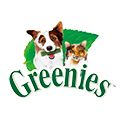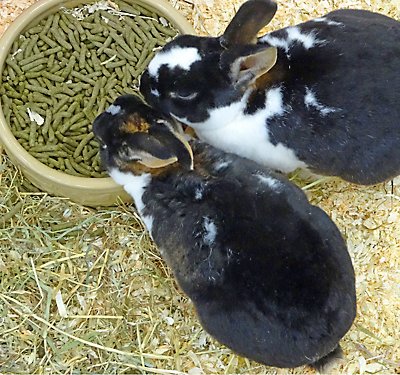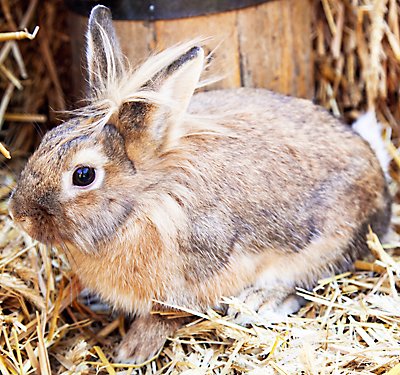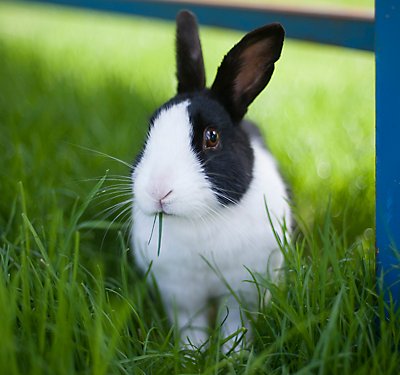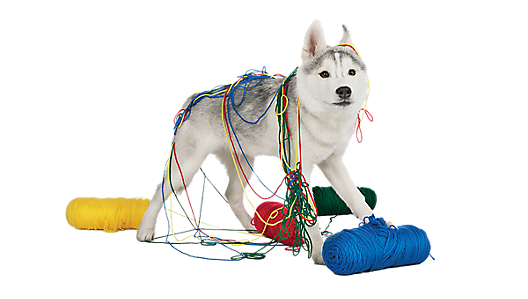
 top
top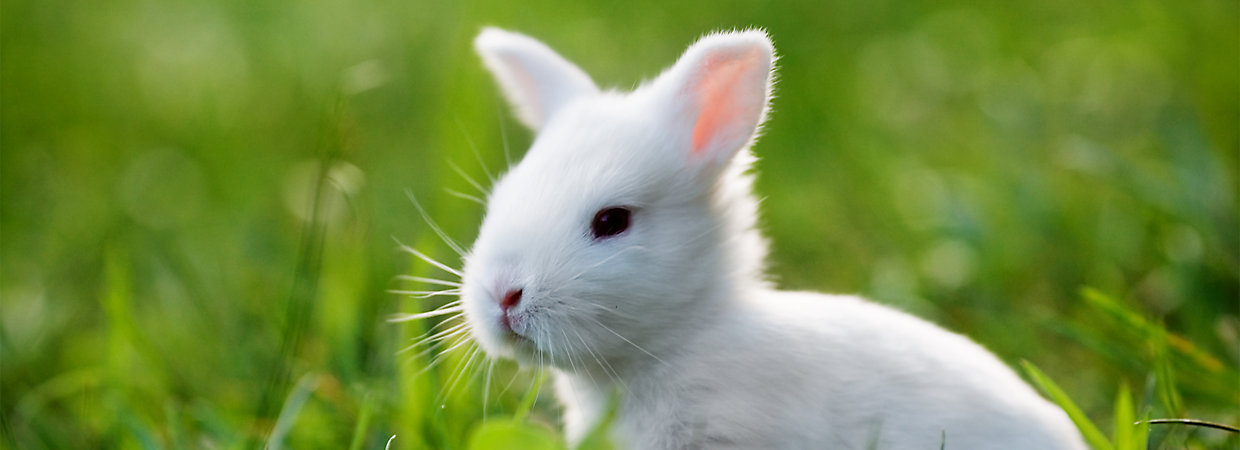
SMALLPET / new pets
So You Want a Pet Rabbit: A New Pet Parent’s Checklist
Overview
Getting a new pet is so exciting, but it's also a huge commitment. Knowing the ins and outs of having a pet rabbit is key before actually making the jump to bring one home. So what are some things you should know about pet rabbits, and what rabbit supplies should you pick up before you bring them home?
What is the Lifespan of a Pet Rabbit?
Rabbits have lifespans that compare to dogs. They can live anywhere from 6 to 13 years depending on their breed, making them a long-term commitment. When you’ve decided to bring one home, then comes the fun part. You now get to pick and choose all of the rabbit supplies you’ll need to give them the best life ever. So, where should you start?
Get Their Habitat Sorted Out
Rabbit Hutch/Cage - This pet can weigh anywhere from 2 to 15 pounds, depending on their breed. The bigger the rabbit, the more space they’ll need to thrive. If your pet is going to spend the majority of their time in their rabbit habitat, they’ll need a space that's big enough for them to hop a few times, gives them a comfy place to sleep, gives them a clean place to eat and a place to use the restroom.
Hay Feeder - Rabbits love to chew, and giving them a constant source of hay can be a great way to stimulate their minds and always give them something to do.
Food Dish - For the other parts of your rabbit's diet, you’ll need a stylish rabbit food bowl.
Water Bottle - Rabbits drink out of water bottles that attach to the side of their hutch/cage.
Bedding/Litter - There will need to be something that lines the bottom of their habitat to make it more comfortable and litter for them to use the bathroom in.
Litter Pan - This holds the litter that your rabbit will use to potty.
Hideout - Hideouts can be a cozy place to curl up and sleep.
Get Them All the Right Things to Eat
Hay - Rabbit hay will make up a good part of their diet while satisfying their need to nibble. Pet parents can use Timothy hay or oat grass to give their rabbit lots of fiber. Fresh hay should be in their habitat at all times.
Rabbit Pellet Food - Rabbit pellet food helps deliver all of the nutrients your rabbit needs to stay full and happy. This should be replaced once a day.
Vegetables - Rabbits need vegetables in their diets. They love leafy greens and other vegetables and should be fed 2 cups of them for every 6 lbs of body weight at least once a day.
Treats - Rabbit treats should only be given a couple of times per week, on special occasions. Use the appropriate treats sparingly as a training tool.
Water - A bowl or bottle of water should be refreshed every day.
Give Them Room to Roam and Play
As we mentioned earlier, rabbits need plenty of room. It's better that your rabbit not spend all of their time in their habitat and is, instead, allowed to roam around and play as much as possible. This provides the exercise and personal attention they need to stay happy and healthy.
Other Rabbit Supplies That You’ll Need
Chew Toys - Rabbits absolutely love to chew on anything they can get their bunny paws on. Give them plenty of rabbit chew toys, making sure to change them out every so often, so your bunny doesn’t get bored.
Rabbit Grooming Supplies - Rabbit grooming supplies help you keep your pet looking and feeling their very best.
Rabbit Playpen - Rabbit playpens are great for giving your pet a safe place to roam/hop around your house without getting into things they shouldn’t.
Habitat Cleaner - Rabbit hutch cleaning supplies and odor remover are essential for keeping their space clean!
The most important thing to remember is to give your pet your undivided love and attention, making sure to give them the best care possible at all times. Try buying a rabbit starter kit to get everything you need to bring your pet home.
Information in this article is not intended to diagnose, treat or cure your pet and is not a substitute for veterinary care provided by a licensed veterinarian. For any medical or health-related advice concerning the care and treatment of your pet, contact your veterinarian.














